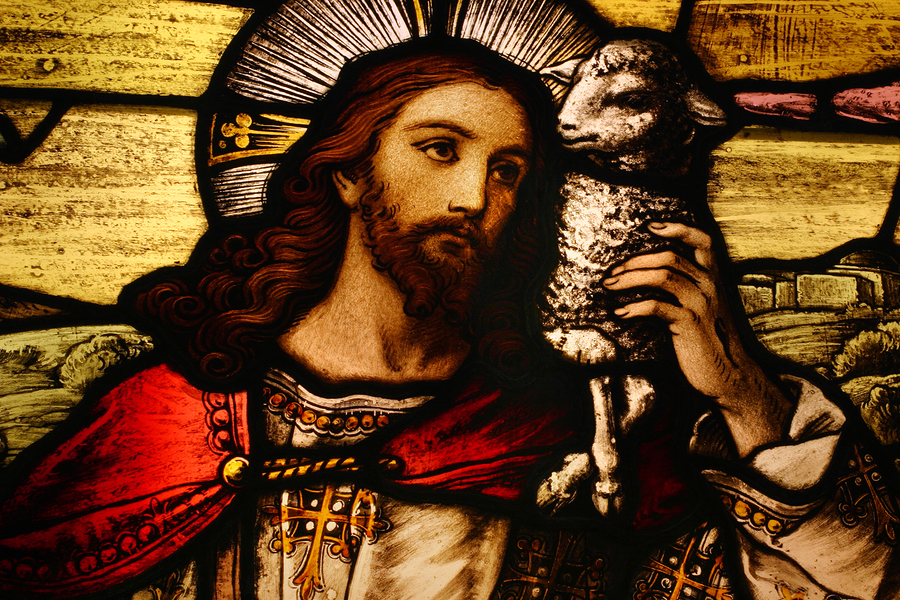
4th Sunday of Easter: The Good Shepard
04-25-2021Weekly ReflectionFr. Bing ColasitoThe first three Sundays of Easter bring us back to the days after the resurrection and deepen our understanding of the meaning of the resurrection of Jesus from the tomb. What does it mean to us? The Gospel brings us back to the early days of the ministry of Jesus. John uses one of the common occupations to describe His mission. Jesus describes Himself as a Good Shepherd who lays down His life from His sheep. Such is the image we reflect on Good Shepherd Sunday. Our Easter journey continues knowing that we are in the watchful care of the Divine Shepherd.
READ MORE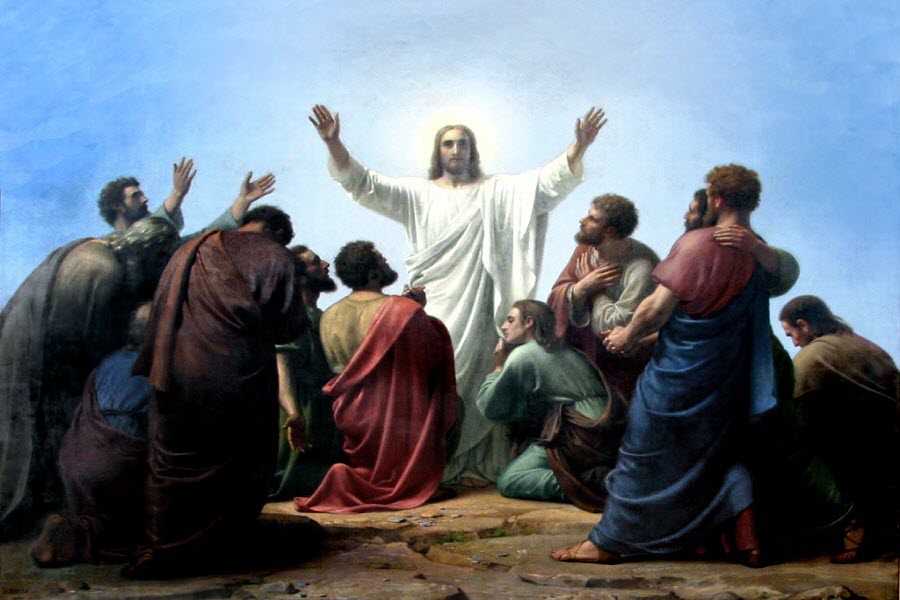
3rd Sunday of Easter: Easter Faith
04-18-2021Weekly ReflectionFr. Bing ColasitoPeter stood before the people and tried to convince them of the true identity and mission of Jesus. That Jesus fulfilled the Old Testament prophecies about the Messiah; that His Christ would suffer (Act. 3:18). He wanted to make them realize the wrong they have done to the Messiah and convert them for the forgiveness of their sins.
Jesus appeared to two disciples on the road to Emmaus after His resurrection. Not understanding His words about the Messiah, Jesus opened their mind, heart; and made them see the whole horizon. Initially, together with the Apostles, they all doubted the resurrection of Jesus. So, Jesus had to lead them out of their fears and doubts and gave them the faith, confidence, and courage to go out to be His witnesses. Jesus has set them to become Easter people. Let us be open to the way God sees and does things. Let us not allow our selfish, limited, and biased opinions to cloud our faith in the resurrection.
READ MORE
Divine Mercy
04-11-2021Weekly ReflectionFr. Bing ColasitoAfter the death of Jesus, his disciples scattered, afraid and unsure what their fate will be. But their faith in the resurrection of Jesus Christ prevailed. It led to a profound sense of unity among His disciples. Easter faith has changed the way they lived their lives. When we accept Jesus in our midst, the risen Lord is with us, and that He is one with His Church, we can overcome our worries about our needs and fear of those who act against His Church. But like the first community of believers, with one heart and mind, we can freely and joyfully look after one another’s needs.
READ MORE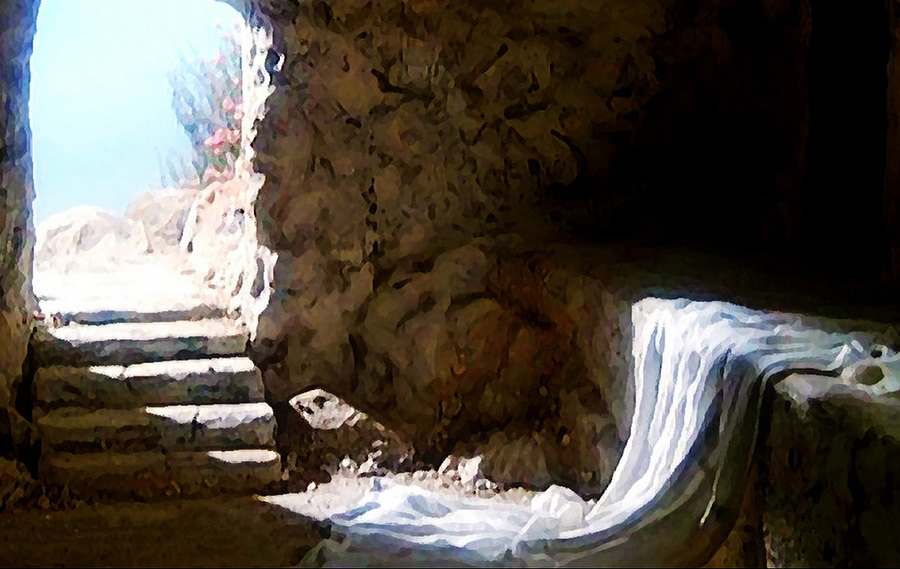
Easter Sunday: Alleluia! Alleluia! Alleluia!
04-04-2021Weekly ReflectionFr. Bing ColasitoIn a homily at the Cathedral of Hippo, St. Augustine said: You are an Easter people, and Alleluia is your song. A year into the pandemic, I joyfully greet everyone: A Blessed Easter, Alleluia! Alleluia! Alleluia! Be Easter people: we have survived the test of Covid-19 and the changes that it brought the whole world. The greeting of Alleluia means, Praise God. In ancient Hebrew, it means, Thanks be to God. To be an Easter person, therefore, is to be full of Praise and Thanksgiving to God. An invitation to have a disposition of gratitude or thanksgiving to God for everything. For this life, as we continue to live, thank God for every person in our life, for being part of our life. Remember: Some people are a blessing, and others are a lesson.
READ MORE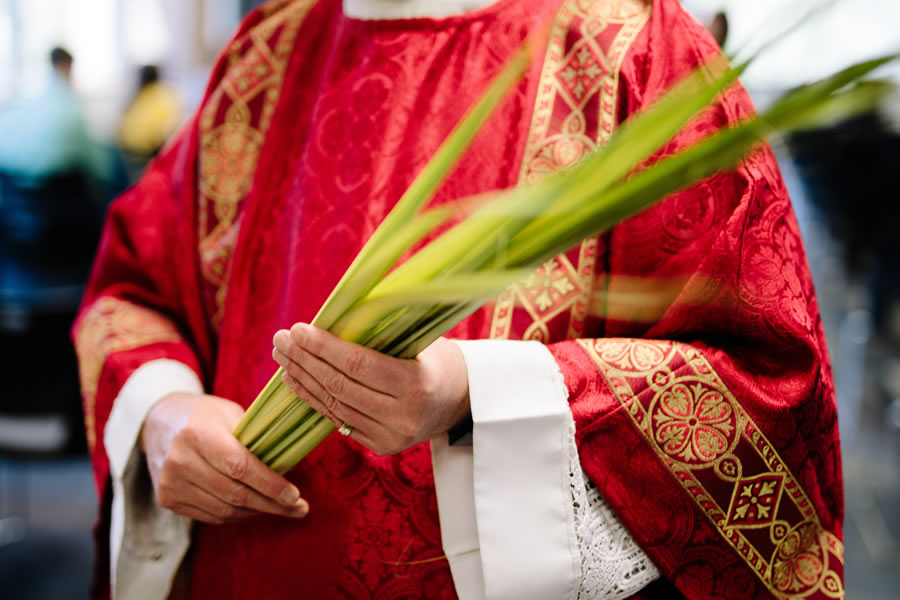
A Glimpse of Suffering and Glory
03-28-2021Weekly ReflectionFr. Bing ColasitoPalm Sunday of the Passion of the Lord is the official name of this liturgical celebration. Holy Week starts with the festive celebration when Jesus enters Jerusalem. People welcomed Him by spreading their cloaks on the road while others spread reeds they have cut in the field. Still, others got palm branches and met Jesus with a joyful cry, Hosanna! Blessed be He who comes in the name of the Lord. But the sad thing is that a few days later the same people will be shouting, Crucify him! Crucify him!
READ MORE
The Grain of Wheat
03-21-2021Weekly ReflectionFr. Bing ColasitoAs we approach Holy Week, the Gospel reveals to us the things that will happen to Jesus. It does not give us all the details, but Jesus nears the fulfillment of His mission. He speaks about the whole Paschal Mystery in the image of the “grain of wheat that dies to produce much fruit.” Jesus introduces this image after some Greeks approach His disciples searching to deepen their spiritual life.
READ MORE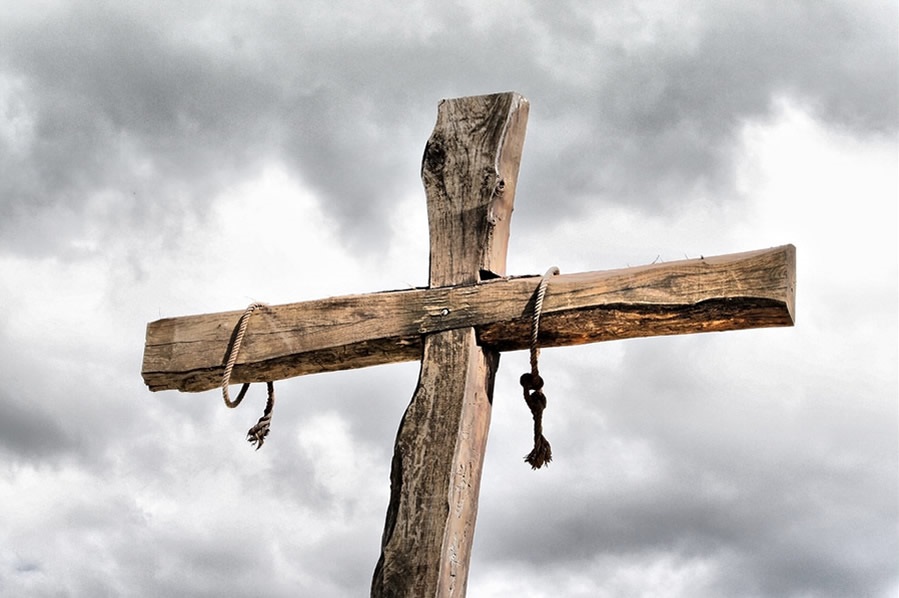
Laetare
03-14-2021Weekly ReflectionFr. Bing ColasitoThe religious leaders and the people have violated their covenant relationship with Yahweh, not respecting the Sabbath rest and desecrating the Temple. Warned before of the consequences of refusing God’s commandment, they still persisted. The conquest by King Nebuchadnezzar, the Babylonian captivity was God’s way of punishing them. Not until they have repented, restored the Sabbath-rest did they appease Yahweh. Finally, only after a decree of Cyrus, did they return to Jerusalem and restored the Temple.
READ MORE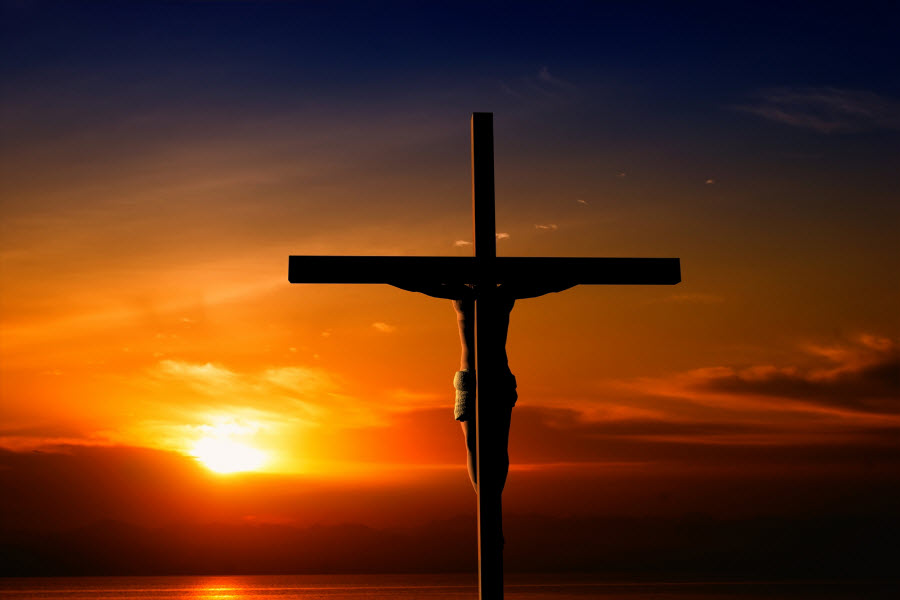
The New Temple and New Sacrifice
03-07-2021Weekly ReflectionFr. Bing ColasitoThe first reading talks about the Law. Following the Law constitutes true worship of God. The second reading and the Gospel are more or less related: Christ’s death on the cross, the temple of the body is destroyed but will rise again. Because the cross is the symbol of the mystery of Salvation, it made Christianity a religion of the cross. For the Jews of His time, death on the cross was a scandal of the highest level. For the pagan Greeks, it was utter foolishness. But to believers, those called: the death of Christ was part of the Divine Plan of Salvation, foretold by the prophets long ago. In an effort to offset and lessen the impact of this scandal, some of the teachings in the New Testament consist of trying to remove or transcend the scandal of the cross. Especially in the minds and the hearts of the converts.
READ MORE
The Way to Glory
02-28-2021Weekly Reflection Fr. Bing ColasitoGod called Abraham to sacrifice Isaac (first reading). God gave His Son for our sake: He who did not spare his own Son but handed him over for us all (second reading). The same Son Jesus: foretold His suffering transfigured to offset the scandal of His crucifixion.
READ MORE
Conversion: Change of Heart
02-21-2021Weekly Reflection Fr. Bing ColasitoIn the first reading, Noah went into the ark, and God saves him and his family from the flood. God establishes a covenant with Noah, now he and his family will start a new life under this covenant. Peter says God renews ourcovenant with Him through the waters of baptism (second reading). God has given us new life. In the Gospel, Jesus is the new covenant who conquers Satan and all his temptations.
READ MORE
Spiritual Vaccine
02-14-2021Weekly ReflectionLepers in the book of Leviticus should dwell away from the community, cry out unclean, unclean, and must follow the imposed disciplinary actions for leprosy. But Jesus in the Gospel shows pity on the leper and willed Him: I do will it. Be made clean. The second reading's independent theme is: Whatever we do, we shall do for the honor of God, imitating Christ.
READ MORE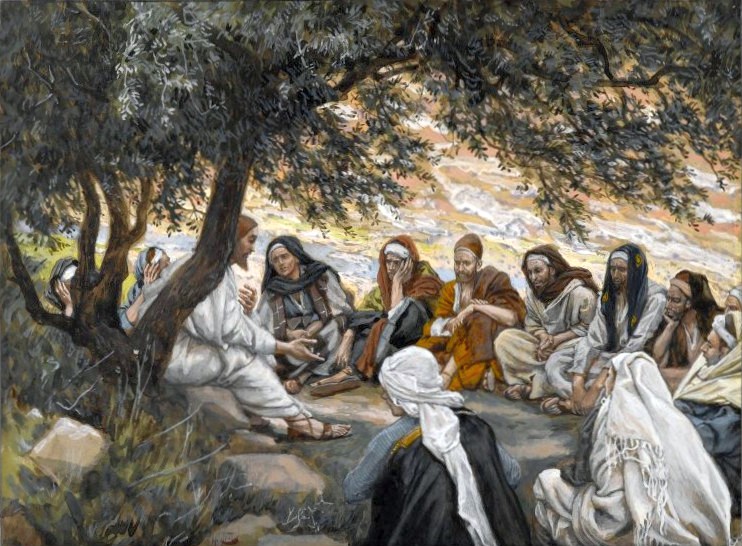
Jesus' Mission
02-07-2021Weekly ReflectionJob says: life, especially sickness, is a drudgery. The book of Job deals with the question and problem that many people struggle with: Why does God permit human suffering through death, sickness, and poverty? Up to this time, traditional Jewish belief that God rewards the just and punishes the evildoers. Thus, sufferings were considered a punishment from God. Job did not know much about the life after. God revealed this only at a later time in the Book of Wisdom. And more fully in the New Testament. Job did not understand it, but he will never doubt the justice and fairness of God.
READ MORE